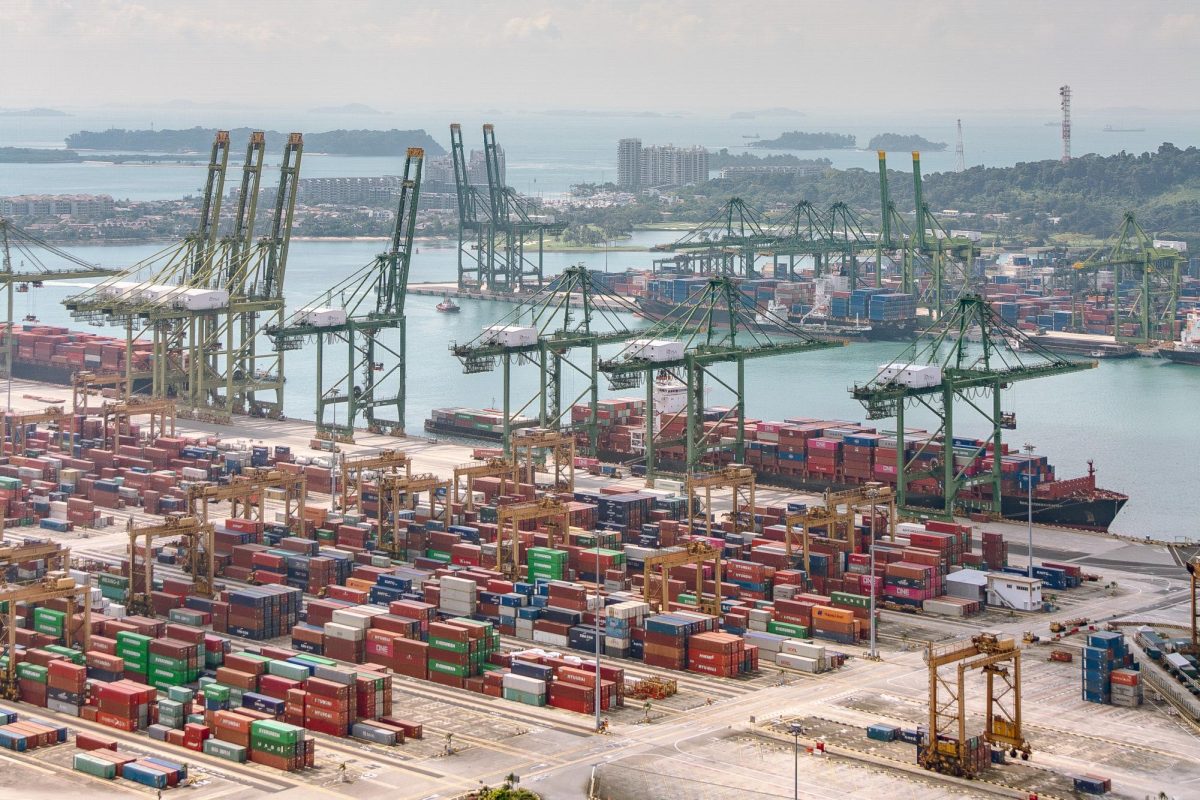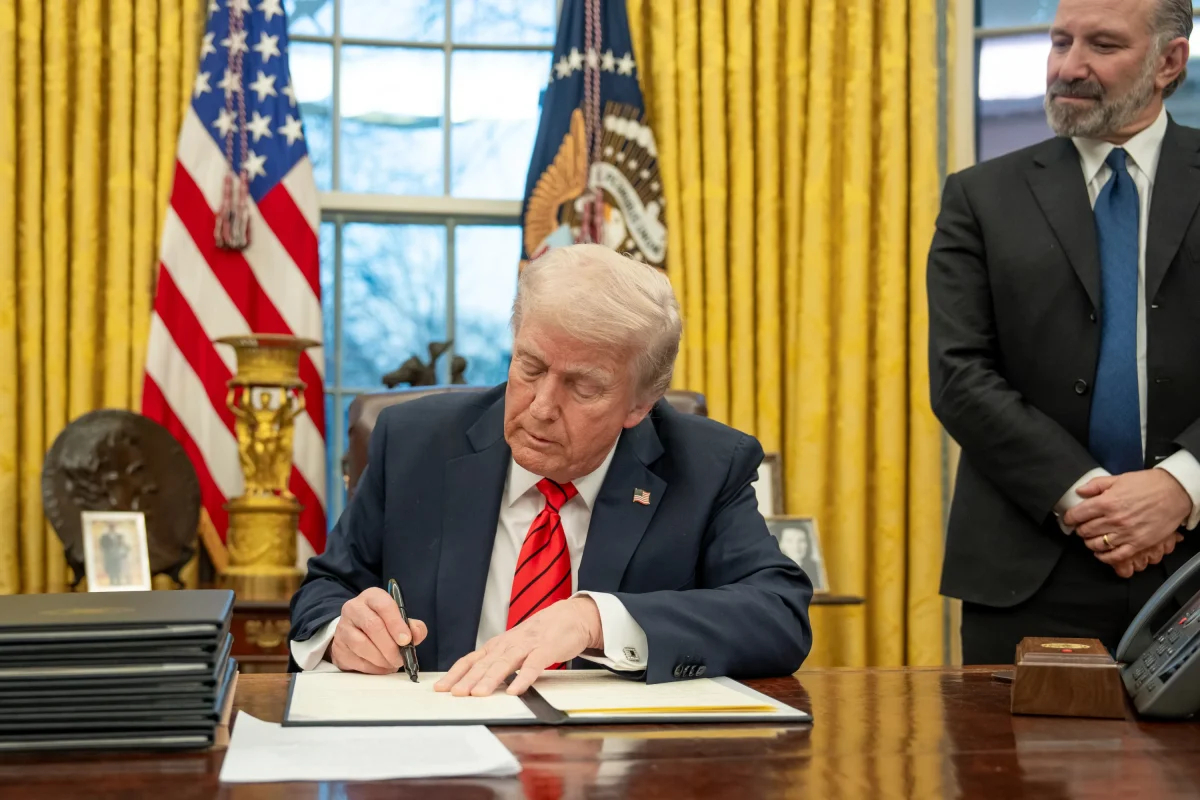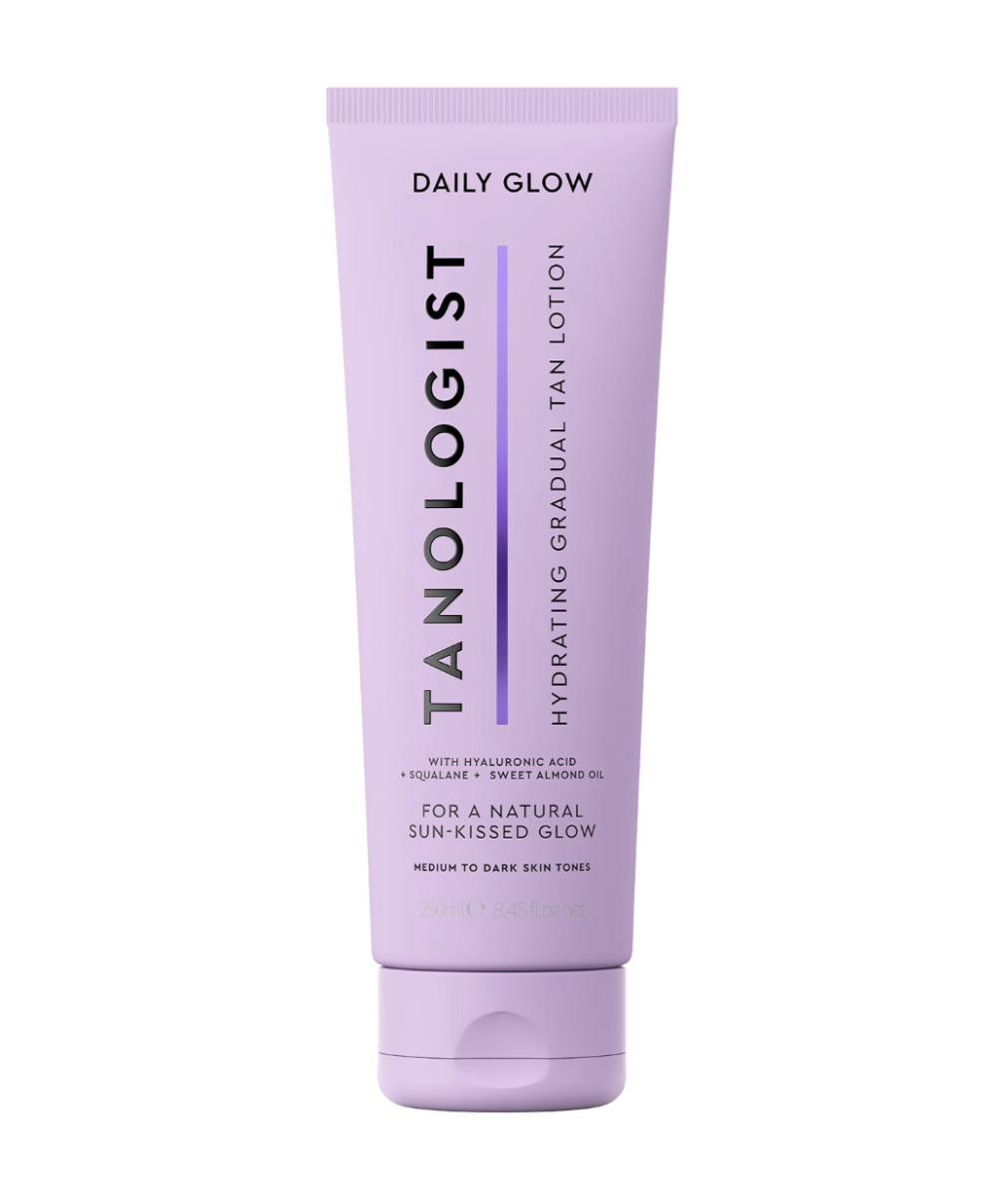President Trump’s tariffs on several world powers have begun, and the economic effects are already being felt.
After taking office, President Donald Trump announced tariffs on Chinese, Canadian, and Mexican products, which could potentially lead to significantly higher prices for American consumers.
Tariffs on foreign goods have long been a part of Trump’s platform ever since he took office for his first term in 2017. However, his threats of tariffs have ramped up in his second term.
Of the president’s recent tariffs, the most significant ones have been imposed on goods imported from China, Canada, and Mexico. The tariffs on China comprise a 10% tax on all Chinese goods, while a 15% tariff was imposed on Canada and Mexico.
When he announced tariffs on Mexican imports, President Trump reiterated that these tariffs were in response to the crisis at the U.S.-Mexico border, which he blames on the Mexican government.
“The extraordinary threat posed by illegal aliens and drugs, including deadly fentanyl, constitutes a national emergency under the International Emergency Economic Powers Act,” the White House said in a statement.
At the time, Trump said that tariffs would remain in place until the Mexico had agreed to send troops to the Southern border to combat drug trafficking and illegal crossings.
“Until the crisis is alleviated, President Donald J. Trump is implementing a 25% additional tariff on imports from Canada and Mexico and a 10% additional tariff on imports from Chin,” the statement continued. “Energy resources from Canada will have a lower 10% tariff.”
Soon after tariffs were imposed Trump met with Mexico’s president, Claudia Sheinbaum, about the situation at the border. To avoid Trump’s recently imposed tariffs, Sheinbaum agreed to send 10,000 Mexican National Guard soldiers to the border in return for the tariffs being lifted, according to the New York Times.
Despite Trump’s confidence that sending troops to the border—both Mexican and American soldiers—many experts and former diplomats are doubtful that sending military personnel to the border would have a major effect on the movement of migrants or drugs into the U.S.
Some even see Trump’s deal with Sheinbaum as political posturing rather than true progress.
“It’s a lot of shock and awe, but very little policy,” said Arturo Sarukhán, a former Mexican ambassador to the U.S., in an interview with the New York Times.
Despite claims that Trump’s use of tariffs is merely a political move, his administration has continued to suggest that tariffs will promote American economic growth and independence.
“Tariffs are a powerful, proven source of leverage for protecting the national interest,” the White House said. “President Trump is using the tools at hand and taking decisive action that puts Americans’ safety and our national security first.”
Another major concern that has been raised around the use of tariffs is the effect it could have on American consumers; when prices of imported goods are raised, it is often the customer who bears this financial burden.
One public figure to raise such concerns was former Senate Majority leader Mitch McConnell, who was once a close ally of President Trump’s. Since he stepped down from his leadership position in the Senate, McConnell has been more critical of some of Trump’s policies. Recently, he voted against several of the President’s cabinet nominees, including Robert F. Kennedy Jr., who McConnell dubbed a “conspiracy theorist.”
In an op-ed to Louisville’s Courier-Journal, a newspaper in McConnell’s home state of Kentucky, the senator argued that tariffs will have disastrous effects for Americans.
“Blanket tariffs make it more expensive to do business in America, driving up costs for consumers across the board,” he wrote.
Tariffs could not only hurt American consumers; they could also hurt American businesses who sells their products overseas. In recent weeks, several countries, including China, have imposed retaliatory tariffs on American goods, which would cost American businesses looking to sell goods in foreign markets.
On Monday, February 10, China responded to Trump’s major tariffs with a 15% tax on American coal and liquified natural gas products, as well as a 10% tariff, on agricultural machinery and large-engine cars imported from the U.S., according to Associated Press.
China and the U.S. have been embroiled in a years-long trade war, and many worry that recent tit-for-tat tariffs will only intensify this conflict.















